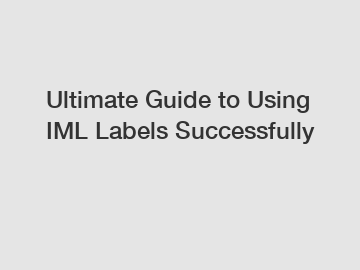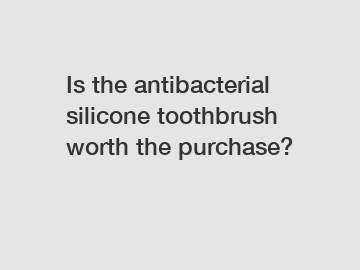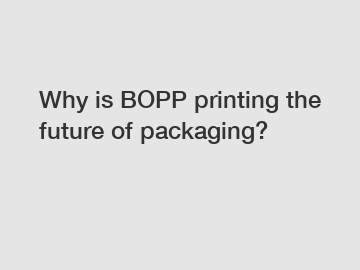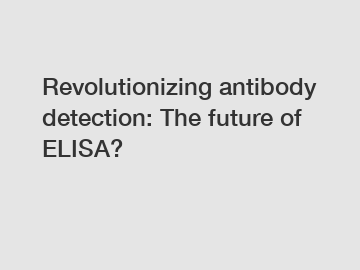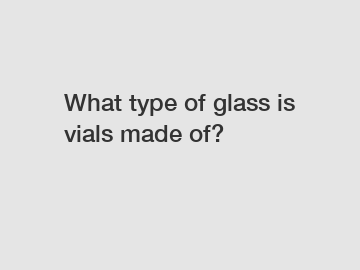Is Amber glass better than clear?
Is Amber Glass Better than Clear?
Step 1: Understanding the Difference Between Amber and Clear Glass
Amber glass and clear glass are two common types of packaging materials used for storing liquids and other substances. The main difference between them lies in their color. Clear glass is transparent, allowing you to see the contents inside, while amber glass has a brownish tint that blocks some light from penetrating the container.Step 2: Protection from Light
One of the key advantages of using amber glass over clear glass is its ability to provide better protection from light. Amber glass filters out a larger portion of harmful UV and blue light, which can degrade the quality of light-sensitive substances like medications, essential oils, and skincare products. This makes amber glass a preferred choice for products that require protection from light exposure.Step 3: Prolonging Shelf Life
Due to its superior light-blocking properties, amber glass helps prolong the shelf life of stored items by preventing them from being damaged by light. This can be particularly beneficial for products that are prone to oxidation or degradation when exposed to light, such as certain vitamins and pharmaceuticals. Clear glass, on the other hand, offers less protection and may lead to a shorter shelf life for light-sensitive products.Step 4: Aesthetic Considerations
While the primary focus is on functionality, the aesthetics of packaging materials can also play a role in decision-making. Clear glass containers are visually appealing and allow for easy visibility of the contents, which can be advantageous for products that are meant to be displayed. On the other hand, the amber tint of glass can give a more sophisticated and premium look to the packaging, which may be preferred for certain products.Step 5: Environmental Impact
Both amber and clear glass can be recycled, making them eco-friendly packaging options. However, it is worth noting that the amber tint in glass can make it slightly more difficult to recycle at times, as it needs to be separated from clear glass during the recycling process. Clear glass, being uniform in color, may be easier to recycle in some cases.In conclusion, while both amber and clear glass have their own set of advantages and considerations, the choice between them ultimately depends on the specific needs and requirements of the products being stored. Amber glass is generally considered better than clear glass for light-sensitive items that require protection from UV and blue light, as it offers superior light-blocking properties.Are you interested in learning more about pharmaceutical glass tube, Screw-Neck Vials manufacturer, what is tubular glass vials manufacturing process? Contact us today to secure an expert consultation!
Explore more:Top 10 reasons to choose glass tubular vials for your business?
Paperback vs Hardcover: Which is Better for Your Wallet and Shelf Space?
5 Unique Ways to Personalize Popcorn Bags for Every Occasion
Is PET permeability better than HDPE?
Exploring the Advantages of Cell Culture Chambers
Sublimation Paper vs Transfer Paper: Which Wins?
Is glass jars better than plastic for body butter?
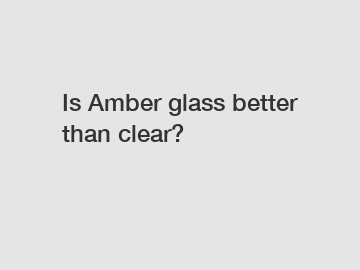
What is Type 1 and Type 2 glass?
What is the importance of having labels in household products give?
Compression Molding vs Injection Molding: Which is Right for Your Project?
What material is used for microwave popcorn packaging?
Mastering the Art of Pet Film Coating
What is protective paper for sublimation?
What is the process of flexible packaging?



